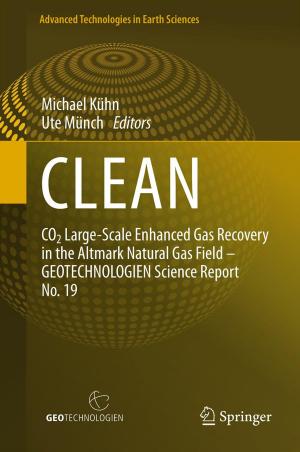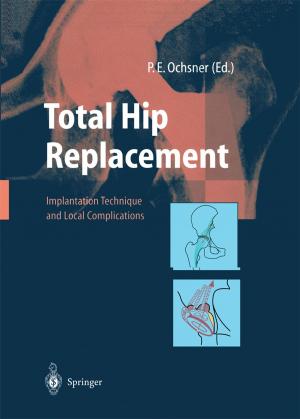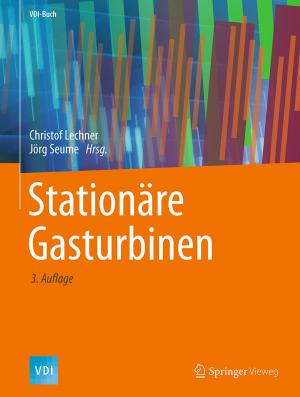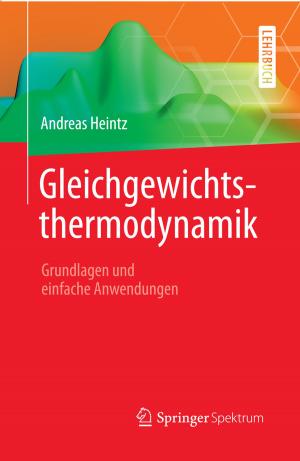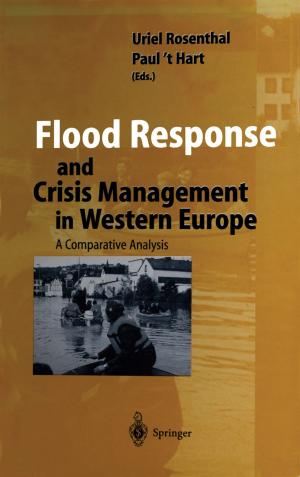Experimental Rock Deformation - The Brittle Field
Nonfiction, Science & Nature, Science, Earth Sciences, Mineralogy, Geology| Author: | M. S. Paterson | ISBN: | 9783662117200 |
| Publisher: | Springer Berlin Heidelberg | Publication: | March 9, 2013 |
| Imprint: | Springer | Language: | English |
| Author: | M. S. Paterson |
| ISBN: | 9783662117200 |
| Publisher: | Springer Berlin Heidelberg |
| Publication: | March 9, 2013 |
| Imprint: | Springer |
| Language: | English |
This monograph deals with the part of the field of ex-' perimental rock deformation that is dominated by the phenomena of brittle fracture on one scale or another. Thus a distinction has been drawn between the fields of brittle und ductile behaviour in rock, corresponding more or less to a distinction between the phenomena of fracture and flow. It is hoped eventually to present a survey of the ductile field in a separate volume. The last chapter of this volume deals with the transition between the two fields. The scope of this survey has been limited to the mec.hanical properties of rock viewed as a material on the laboratory scale. Thus, the topic and approach is of a "materials science" kind rather than of a "structures" kind. We are dealing with only one part of the wider field of rock mechanics, which also includes structural or boundary value problems, for example, those of the stability of slopes, the collapse of mine openings, earth quakes, the folding of stratified rock, and the convec tive motion of the earth's mantle. One topic thus ex cluded is the role of jointing, which it is commonly necessary to take into account in applications in engi neering and mining, and probably often in geology too.
This monograph deals with the part of the field of ex-' perimental rock deformation that is dominated by the phenomena of brittle fracture on one scale or another. Thus a distinction has been drawn between the fields of brittle und ductile behaviour in rock, corresponding more or less to a distinction between the phenomena of fracture and flow. It is hoped eventually to present a survey of the ductile field in a separate volume. The last chapter of this volume deals with the transition between the two fields. The scope of this survey has been limited to the mec.hanical properties of rock viewed as a material on the laboratory scale. Thus, the topic and approach is of a "materials science" kind rather than of a "structures" kind. We are dealing with only one part of the wider field of rock mechanics, which also includes structural or boundary value problems, for example, those of the stability of slopes, the collapse of mine openings, earth quakes, the folding of stratified rock, and the convec tive motion of the earth's mantle. One topic thus ex cluded is the role of jointing, which it is commonly necessary to take into account in applications in engi neering and mining, and probably often in geology too.


